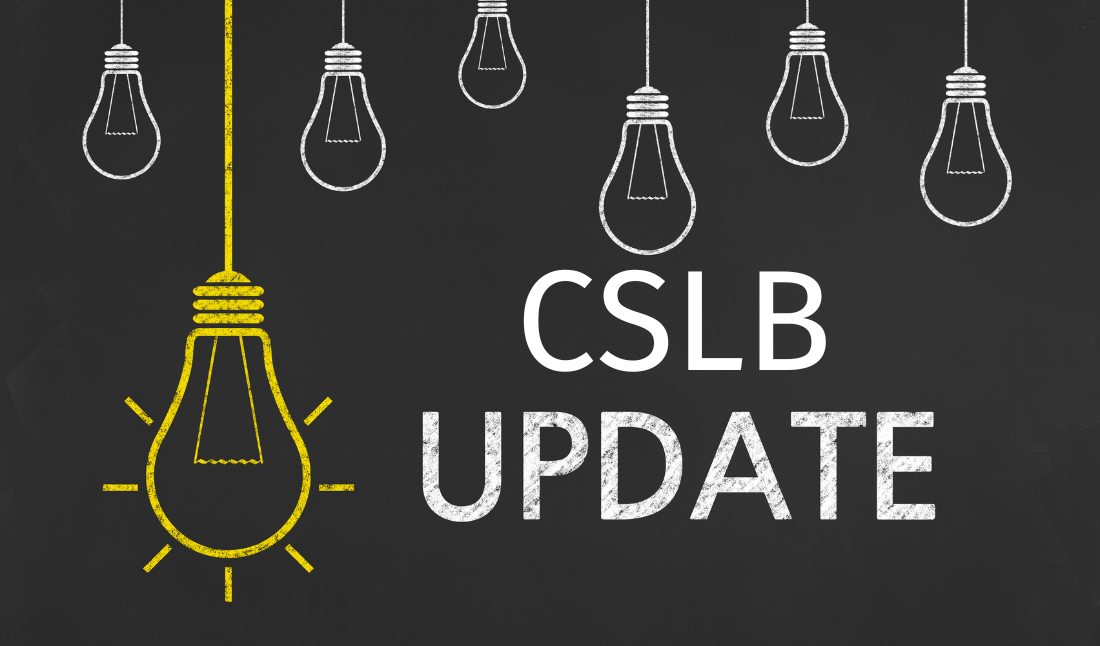Tobacco Tax Bond Claims Guide
Estimated Read Time: 6 minutes11-19-2021

A person who is licensed in the business of manufacturing, dealing, distributing, or other operations with cigarettes or other tobacco products will typically need a surety bond as a financial assurance to the State that all taxes collected on such products will be remitted to the appropriate department as obligee.
The State will utilize a bond from a third-party surety company (this is where Jet Insurance Company steps in) to provide a way for the State to recover unpaid taxes. Jet also works on your behalf to protect you from false claim filings.
These bonds have varying names from state-to-state—like Cigarette Tax Bond, Tobacco Products Tax Bond, Cigarette Tax Credit Bond, Tobacco Tax Credit Bond, and more—but for the sake of simplicity, Tobacco Tax Bond will be used in this article.
Let’s dive into how to avoid bond claims, and what to do if one is filed against you.
Preventing Tobacco Tax Bond Claims
In short, a Tobacco Tax Bond is used to guarantee the payment of taxes to the “obligee”, aka the State Department/Division that mandates your license and bond requirements. What that means in each state can vary, however, depending on the percentages of tax that must be paid for which kind of products (cigarettes, cigars, tobacco products, etc.) and within what time period those taxes must be paid.
North Carolina is a good example, where a cigarette distributor or tobacco products distributor (other than cigarettes) would need to file a Tobacco Tax Bond as part of licensing. The taxes for cigarettes are 2.25 cents per cigarette or 45 cents for each pack of 20 cigarettes, 5 cents per fluid milliliter of vapor products, or 12.8% of the cost of tobacco products. Taxes are due in North Carolina by the 20th day after the end of the month, to be filed with the monthly report. Failure to do so would result in disciplinary action.
Who Can File a Bond Claim?
The Tobacco Tax Bond protects the obligee from not receiving due taxes by acting as a line of credit on behalf of the licensee. Upon the licensee’s failure to pay the excise taxes on tobacco products, the State will file a claim on the bond for the fulfillment of payment due.
Let’s keep up the North Carolina example, using a cigarette distributor named Taylor. Taylor needs to pay monthly taxes on the cigarettes in his possession for sale. If Taylor sells 10,000 packs (containing 20 cigarettes) in a month, he will owe the State $4,500 in taxes on the 20th day after the end of the month. If Taylor misses his payment, the State can penalize him and take action on the Tobacco Tax Bond for payment.
When Can a Claim Be Filed?
Claims are filed within a bond’s active period. Some states allow something called a ‘liability tail’ on their bonds, where a claim can be filed within a certain amount of time after the bond has ended for action that occurred while the bond was active. Tobacco Tax Bonds don’t usually hold a liability tail, but it is important to check if the State in which you operate holds a liability tail. Regardless of whether there is a tail on the bond or not, the dispute must have occurred during the time the bond was active.
Why Is a Bond Limit Called a Limit?
There is intention behind calling the amount of coverage a bond holds a ‘limit’ because it is exactly that: a cap on how much a surety company is liable for. For Tobacco Tax Bonds, this is commonly based on the amount of tax expected for the sale or distribution of cigarettes or other tobacco products, but can be set at a certain dollar amount by the obligee.
In North Carolina, Taylor’s monthly distribution of cigarettes is 10,000, as mentioned above, with $4,500 due in taxes. An NC Tobacco Tax Bond’s limit is double the monthly tax, so Taylor’s bond has a $9,000 Tobacco Tax Bond. If Taylor receives a bond claim, it cannot be more than $9,000.
Claims Process for a Tobacco Tax Bond

Disciplinary Action
The first step in the claims process is to notify the licensee of a breach of the regulations the licensee is expected to uphold. With Tobacco Tax Bonds, this breach is a failure to file taxes and the obligee (the State Department) will demand payment and can even penalize the licensee. Failure to complete payments may result in the Department filing a claim on the bond.
For example, if Taylor fails to pay his monthly tax, the NC Department of Revenue can impose penalties up to 50% of the due taxes if intent to withhold taxes or commit fraud is found. If Taylor refuses to or is unable to pay the amount due after the demand of payment, the Department will take action on the bond.

Bond Claim
Tax bonds are interesting because the same entity is both the obligee and the claimant. The State Department would be able to provide legitimate evidence of nonpayment to obtain a claim payout. Of course, Jet Insurance Company will look for a way to alleviate the issue, if any remedies are available (like fulfilling the due payment). But for valid bond claims, Jet will have to honor the obligation of the bond and pay the Department for the missing tax payment. The payout may also include attorney fees and/or court costs, depending on the terms stated on the bond form or in state legislation.
In response to Taylor’s failure to submit the tax payment, the Department files a claim on his Tobacco Tax Bond with Jet. The claims team at Jet gets in touch with Taylor and sees if there is a way to prevent the claim from escalating into a payout and added legal fees, but Taylor can’t complete the payment. The Department provides evidence in the form of the demand of payment and Taylor cannot present any proof of payment. The claim is legitimate, so Jet has to pay the Department from the Tobacco Tax Bond.

Indemnification
Remember when we said that the surety bond is like a line of credit? Well, here’s where that comes into play. The bond will pay out the due tax payment to the obligee as an extension of your credit but you are still liable for fulfilling the payment. Any bond claim payouts will need to be paid back to Jet, just like any other surety company in the industry.
Once Jet has paid the Department in the amount of the claim via the bond, the bond no longer meets licensing requirements. As is the standard in the surety bond industry, Taylor must pay Jet back to restore the bond and prevent license complications.


